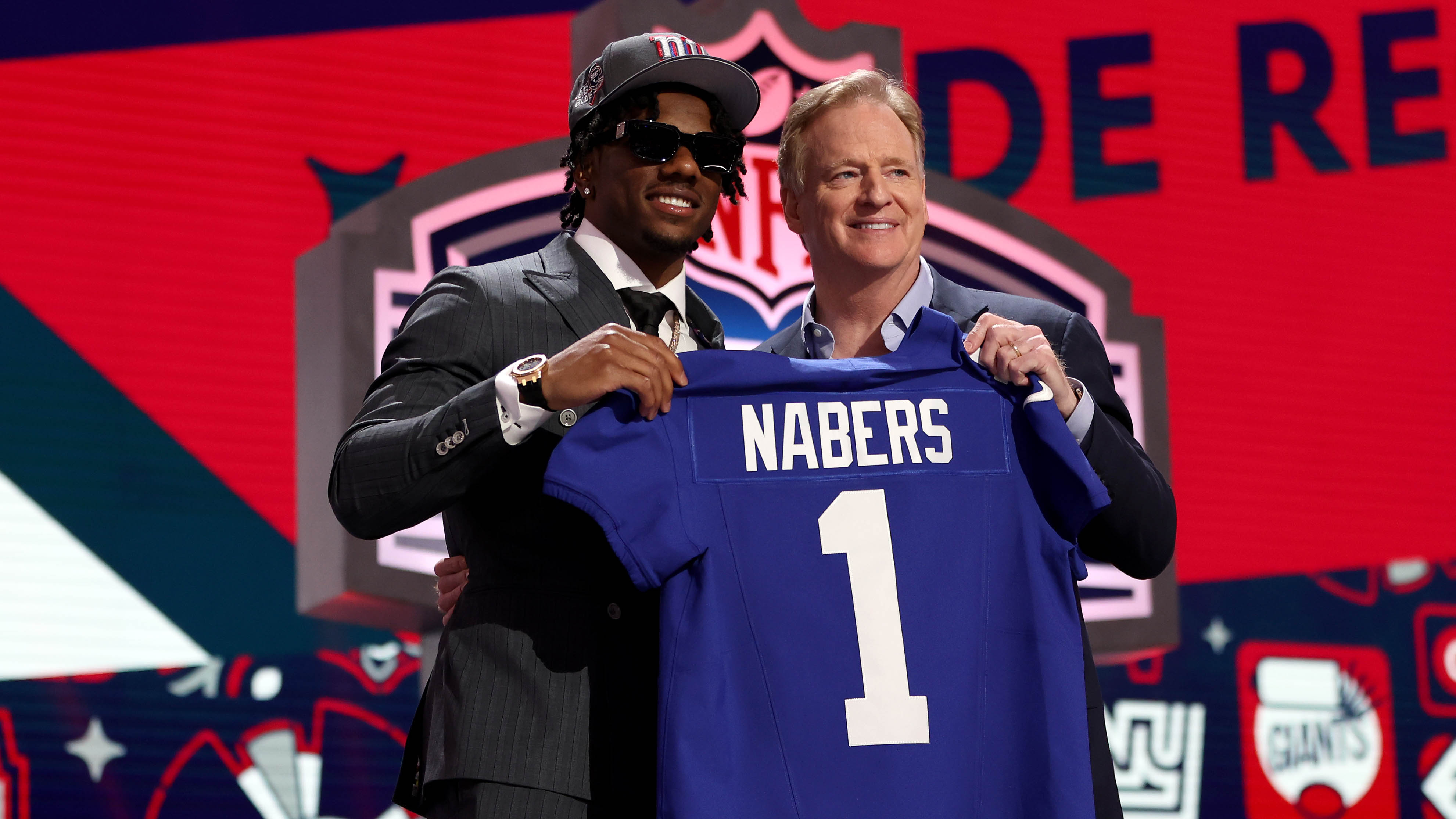Andrew Cuomo is going after shady deals on the Internet.
No, not the ones that involve you and an illicit encounter via Craigslist -- New York's Attorney General is investigating 22 online retailers over their ties to three businesses accused of tricking consumers into paying hidden fees.
Web marketing companies Affinion, Vertrue and Webloyalty have been the subject of thousands of complaints.
In many cases, the consumers clicked a box offering cash back on their purchase without noticing fine print warning that accepting the offer would enroll them in a club with a monthly fee. Many people learned the truth only when those fees turned up on their credit cards.
Many only learned they were club members when monthly fees turned up on their credit cards.
“This online scheme has impacted the finances and tried the patience of tens of millions of consumers nationwide. Well-known companies are tricking customers into accepting offers from third party vendors, which then siphon money from consumers’ accounts,” said Attorney General Cuomo.
“I commend Fandango for doing the right thing by ending the practice of sharing consumers’ financial information with these discount club sellers. I expect the other businesses to follow Fandango’s lead and adopt these reforms to protect consumers who shop online.”
Local
Fandango has also agreed to pay $400,000 in restitution and make better disclosures about any third-party offers on its Web site, the attorney general's office said.
Cuomo said Wednesday that his office has sent subpoenas to 22 retailers seeking information about their ties to the clubs, which he called deceptive.
The companies getting subpoenas included Barnes & Noble, Orbitz, Buy.com, Ticketmaster, MovieTickets.com, FTC.com, Shutterfly, 1-800-Flowers.com, Avon, Budget, Staples, Priceline, GMAC Mortgage, Classmates.com, Travelocity, Vistaprint, Intelius, Hotwire, Expedia, Hotels.com, Columbia House, Pizza Hut and Gamestop/EB Games.
Affinion, Vertrue and Webloyalty say their practices are legal, but have promised changes.
A report issued by the Senate's Commerce committee in November said the three companies have taken $1.4 billion from customers in a little more than a decade. Retailers that gave the companies a spot on their Web sites got a sizable cut of that cash, often worth millions of dollars each.
The report said managers at the companies appeared to be aware that customers were being deceived. One Webloyalty employee noted in an e-mail that "90 percent" of the people getting billed "don't know anything about the membership."
Each company also has call centers staffed by workers whose primary job is to process membership cancellations.



